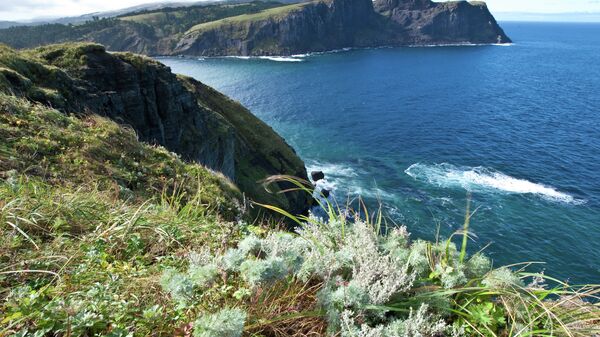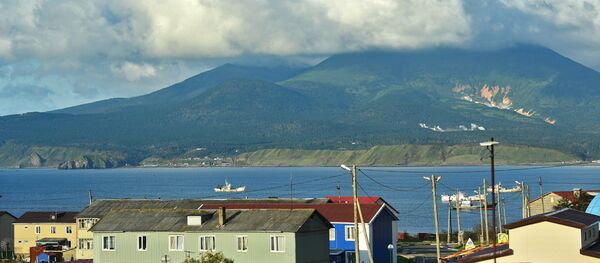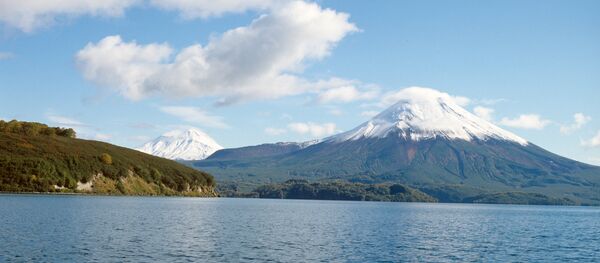It was also reported that prior to the December visit by Russian President Vladimir Putin to Japan, Tokyo is revising its strategy on the issue, in an attempt to overcome a deadlock in the negotiations with Russia. The Japanese government may offer a major concession to Moscow, including handing over the two smaller islands to Moscow.
According to Kyodo, Tokyo is ready to become more flexible on the issue and will not insist on Moscow’s recognition of Japan’s sovereignty over the islands.
However, the Japanese Foreign Ministry quickly rebuked the claims, underscoring that the government had not changed its stance on the issue.
It would be premature to talk about any breakthrough steps towards the settlement of the dispute, said Dmitry Streltsov, an expert in international relations and specialist in Japanese studies.
"The leaders of both countries are keeping the situation in suspense. Such an approach is reasonable because exciting the public opinion before an official visit makes no sense. However, media keeps speculating. If any the official decision will be announced only after the talks between Putin and Japanese Prime Minister Shinzo Abe," Streltsov told Sputnik Japan.
However, the expert suggested, no surprising or extraordinary decisions will be made during the meeting.
"At the same time, certain small steps and actions towards the settlement of the problem are possible," he added.
The relations between Russia and Japan have recently been re-energized. In September, Abe took part in the Eastern Economic Forum in Vladivostok, during which he held three-hour talks with the Russian president. One of the outcomes of the meeting was the announcement of Putin's visit to Japan on December 15, which had been postponed from 2014.
Japan and Russia never signed a permanent peace treaty after World War II due to a disagreement over four islands which Russia calls the Southern Kurils and Japan the Northern Territories: Iturup, Kunashir, Shikotan and Habomai.




